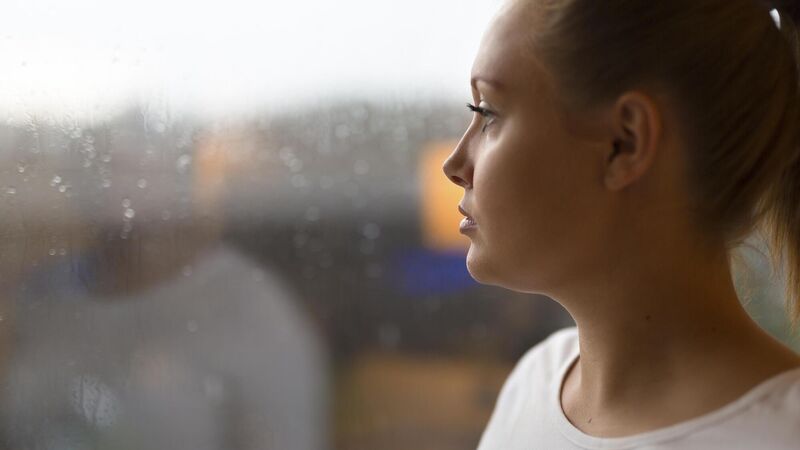The language of a crisis is never reassuring. While the arrival of the first Covid-19 vaccines has given new hope, those life-saving vials have been administered against a background of disturbing reports that the virus is “absolutely rampant” and “out of control” and that hospitals will soon be “overrun”.
These are justified, if alarming, descriptions at a time when medical experts predict that daily coronavirus cases will double to 6,000 within days. It is an appropriate response, then, to be on high alert and to continue to abide by the level 5 restrictions now in place as part of the country’s third national lockdown.
Already a subscriber? Sign in
You have reached your article limit.
Subscribe to access all of the Irish Examiner.
Annual €130 €80
Best value
Monthly €12€6 / month
Introductory offers for new customers. Annual billed once for first year. Renews at €130. Monthly initial discount (first 3 months) billed monthly, then €12 a month. Ts&Cs apply.
CONNECT WITH US TODAY
Be the first to know the latest news and updates














